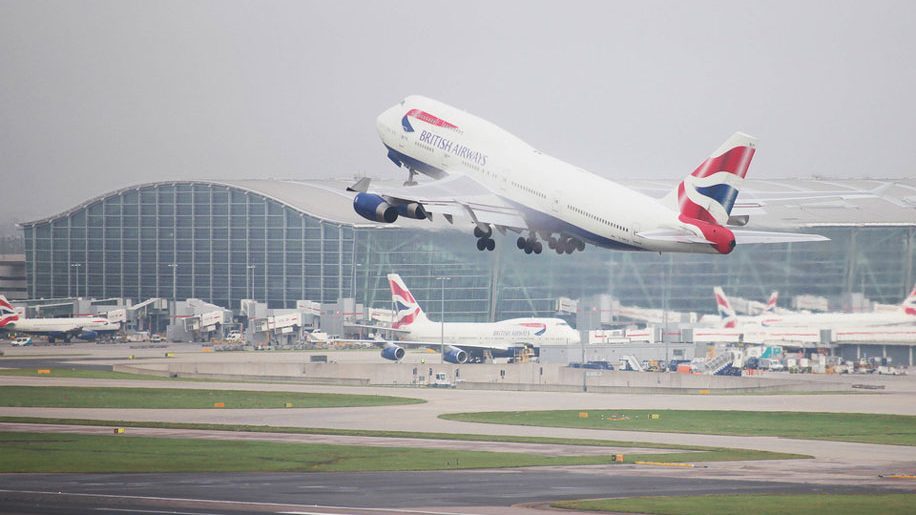
The soaring price of oil means passengers are going to have to live with fuel surcharges for the foreseeable future.
British Airways, in common with other major carriers, has now tagged an extra £10 per flight to long-haul tickets, with short-haul flights surcharged at £8. The airline says that although 72% of its fuel costs are hedged until March 2005, it is spending an extra £225 million on fuel, and fuel surcharges only cover £80 million. What’s more, BA’s figure is based on the situation in early August, and since then the oil price has risen by 22%.
One point missed by talk of the surcharges is that it adds to the complexity of the pricing of tickets, and some consumers could lose out, as fuel surcharges may not be applied uniformly to all tariff types. For example, some discount fares sold by agent Trailfinders didn’t attract surcharges until October 1 ? weeks after they’d been added
to normal tickets.
Fuel surcharges aren’t shown separately (they are lumped into the “taxes and fees” category) and market forces may see the amounts charged vary depending on whether it’s a normal or discount ticket.
Low-cost airlines Easyjet and Ryanair maintain they will not add surcharges. However, Germany’s budget carrier Air Berlin has added £8. But low-cost passengers may be paying “surcharges” without knowing it. Since these carriers have no fixed prices, they could recoup revenue by increasing the cost of their tickets, or by offering fewer cheap seats per flight.








